Online safety and the dangers posed by big tech companies have long been front of mind for the public in the UK, with politicians acutely aware of the need to enforce stronger regulations on social media platforms. Yet, the whirlwind political landscape of the past few months has meant the future and direction of the UK’s flagship Online Safety Bill, designed to curb online harms, has been thrown into doubt.
This month I have been lucky enough to work at PLMR’s partner agency Bluesky Strategy in Ottawa, through an exchange programme with the Global Communications Alliance. This placement has demonstrated that many of the challenges and opportunities faced by our policymakers in this space are shared by our Canadian colleagues.
At an event hosted by the non-partisan think tank Canada2020, ex-Facebook employee and whistleblower Frances Haugen shared her incredible story of uncovering Facebook’s negligence when it came to user safety and political stability, as well as her expert opinion on how she believes we can save social media.
Given the global, interconnected nature of social media and big tech, it stands to reason that an international effort will be essential to instil robust regulation to help keep users safe. Before we can replicate best practice on the global stage, the first step must come at the national level, and the UK has been an important player in leading the development of regulation through the upcoming Online Safety Bill.
Canada’s own Online Safety Bill is still in development, and policymakers across all of North America are keenly looking towards the UK and EU to see how our regulation progresses. However, one of the striking comments from Haugen was how tech platforms are positioning a false dichotomy between freedom of speech and user safety. She argues there is in fact a multitude of solutions that could curb the negative impact of social media without having to compromise either of these factors, namely by mandating that tech platforms report all known risks to users.
Canada’s Minister of Canadian Heritage, the Honourable Pablo Rodriguez MP, spoke at the event and shared that he spent the summer travelling extensively throughout the country to hear from experts in online safety to ensure policies are expert-led with the safety of children always being the top priority. Sharing Haugen’s sentiments, Minister Rodriguez found the consensus from across the country to be that big tech platforms are not transparent enough and are not doing enough to protect users.
Transparency is our biggest weapon in the fight against online harms, as it removes the ability to hide risks in order to fuel growth. Mandatory reporting and the acceptance of a reduced profit margin or user share could create a totally different online environment, and colleagues in North America spoke passionately about the opportunity we currently have to create a new digital experience that prioritises safety.
For UK policymakers and tech companies alike, getting ahead of the regulation by being open to knowledge sharing and committing to transparency will not only improve the safety of all individuals online, but will create sustainable business models that are compliant with likely future laws. Committing to transparency and accountability now could allow businesses to thrive for years to come.







